What's The Best Organic Fertilizer For Vegetables
Title: What's the Best Organic Fertilizer for Vegetables?
Introduction:
Growing your own vegetables is a great way to ensure that you have access to fresh, healthy food. But in order for your vegetables to thrive, they need the right nutrients. That's where organic fertilizer comes in.
Organic fertilizer is made from natural materials, such as compost, manure, and blood meal. It's a sustainable way to feed your plants and improve the quality of your soil.
There are many different types of organic fertilizer available, so it can be tough to know which one is right for you. In this blog post, we'll discuss the best organic fertilizer for vegetables, as well as some tips on how to use it.
Main Content:
There are a few things to keep in mind when choosing an organic fertilizer for vegetables. First, you need to consider the type of vegetables you're growing. Some vegetables, such as leafy greens, need more nitrogen than others. Second, you need to think about the condition of your soil. If your soil is already rich in nutrients, you may not need to fertilize as often.
Here are some of the best organic fertilizers for vegetables:
- Compost: Compost is one of the most versatile and effective organic fertilizers. It's made from decomposing organic materials, such as food scraps, yard waste, and manure. Compost provides a balanced range of nutrients for your plants, and it also helps to improve the structure and drainage of your soil.
- Manure: Manure is another great organic fertilizer. It's high in nitrogen, phosphorus, and potassium, which are essential nutrients for plant growth. Manure can be used fresh or composted. If you use fresh manure, be sure to dilute it with water first to avoid burning your plants.
- Blood meal: Blood meal is a high-nitrogen fertilizer that's made from dried blood. It's a good choice for leafy green vegetables, as well as tomatoes and other fruiting plants. Blood meal can be applied directly to the soil or mixed with water and applied as a foliar spray.
- Fish meal: Fish meal is another high-nitrogen fertilizer that's made from ground-up fish. It's a good choice for vegetables that need a lot of nitrogen, such as leafy greens, tomatoes, and peppers. Fish meal can be applied directly to the soil or mixed with water and applied as a foliar spray.
- Worm castings: Worm castings are the excrement of earthworms. They're a highly nutrient-rich fertilizer that's also very good for the soil. Worm castings contain beneficial bacteria and fungi that help to improve the overall health of your plants.
Tips for Using Organic Fertilizer:
- When applying organic fertilizer, it's important to follow the directions on the label. Over-fertilizing can damage your plants.
- It's also a good idea to test your soil before you fertilize. This will help you to determine which nutrients your plants need most.
- You can apply organic fertilizer to your garden at any time of year, but it's best to do it in the spring or fall.
- If you're using liquid organic fertilizer, be sure to water it in well after application.
Conclusion:
Organic fertilizer is a great way to feed your vegetables and improve the quality of your soil. There are many different types of organic fertilizer available, so you can choose the one that's right for your needs. By following the tips in this blog post, you can use organic fertilizer to grow healthy, productive vegetables.
Are you looking for the best organic fertilizer for your vegetable garden? There are many different options available, so it can be tough to know where to start. That's why we've put together a comprehensive guide to the best organic fertilizers for vegetables.
In our guide, we cover everything you need to know, from the different types of organic fertilizers to how to choose the right one for your needs. We also provide reviews of some of the most popular organic fertilizer products on the market.
So whether you're a beginner or an experienced gardener, our guide has everything you need to know about choosing the best organic fertilizer for your vegetable garden.
To learn more, visit Home Gardening.
FAQ of best organic fertilizer for vegetables
- What is the best organic fertilizer for vegetables?
There are many great organic fertilizers available, so the best one for you will depend on your specific needs and preferences. Some popular options include:
* Compost: Compost is a great all-around fertilizer that provides a balanced nutrient profile for your vegetables. It is also relatively inexpensive and easy to make yourself.
* Manure: Manure is another excellent organic fertilizer that is high in nitrogen. It is important to use well-rotted manure, as fresh manure can burn plant roots.
* Bone meal: Bone meal is a good source of phosphorus, which is essential for strong root growth. It is also a slow-release fertilizer, so you do not have to apply it as often.
* Blood meal: Blood meal is a good source of nitrogen, which is essential for leafy green growth. It is also a fast-release fertilizer, so it is best to apply it when your plants are actively growing.
* Fish emulsion: Fish emulsion is a liquid fertilizer that is high in nitrogen and phosphorus. It is also a good source of trace minerals. Fish emulsion is a good choice for foliar feeding, which means spraying it directly onto the leaves of your plants.
- How often should I fertilize my vegetable garden?
The frequency of fertilization will depend on the type of fertilizer you are using, the type of vegetables you are growing, and the soil conditions in your garden. In general, you should fertilize your vegetable garden every 4-6 weeks during the growing season.
- How much fertilizer should I use?
The amount of fertilizer you need to use will depend on the type of fertilizer you are using, the size of your garden, and the type of vegetables you are growing. It is always best to start with a small amount and increase as needed.
- Can I use organic fertilizer on seedlings?
Yes, you can use organic fertilizer on seedlings. However, it is important to use a fertilizer that is specifically designed for seedlings. These fertilizers are typically lower in nitrogen and phosphorus, which can be harmful to young plants.
- What are the benefits of using organic fertilizer?
There are many benefits to using organic fertilizer, including:
* It is better for the environment. Organic fertilizers do not release harmful chemicals into the soil or water.
* It is safer for your plants. Organic fertilizers are less likely to burn plant roots.
* It is more sustainable. Organic fertilizers can be made from renewable resources, such as compost and manure.
* It improves the quality of your soil. Organic fertilizers can help to improve the structure and fertility of your soil.
Image of best organic fertilizer for vegetables
- Compost is a mixture of decomposed organic matter, such as food scraps, yard waste, and manure. It is a rich source of nutrients for vegetables and can help to improve the overall health of your soil.
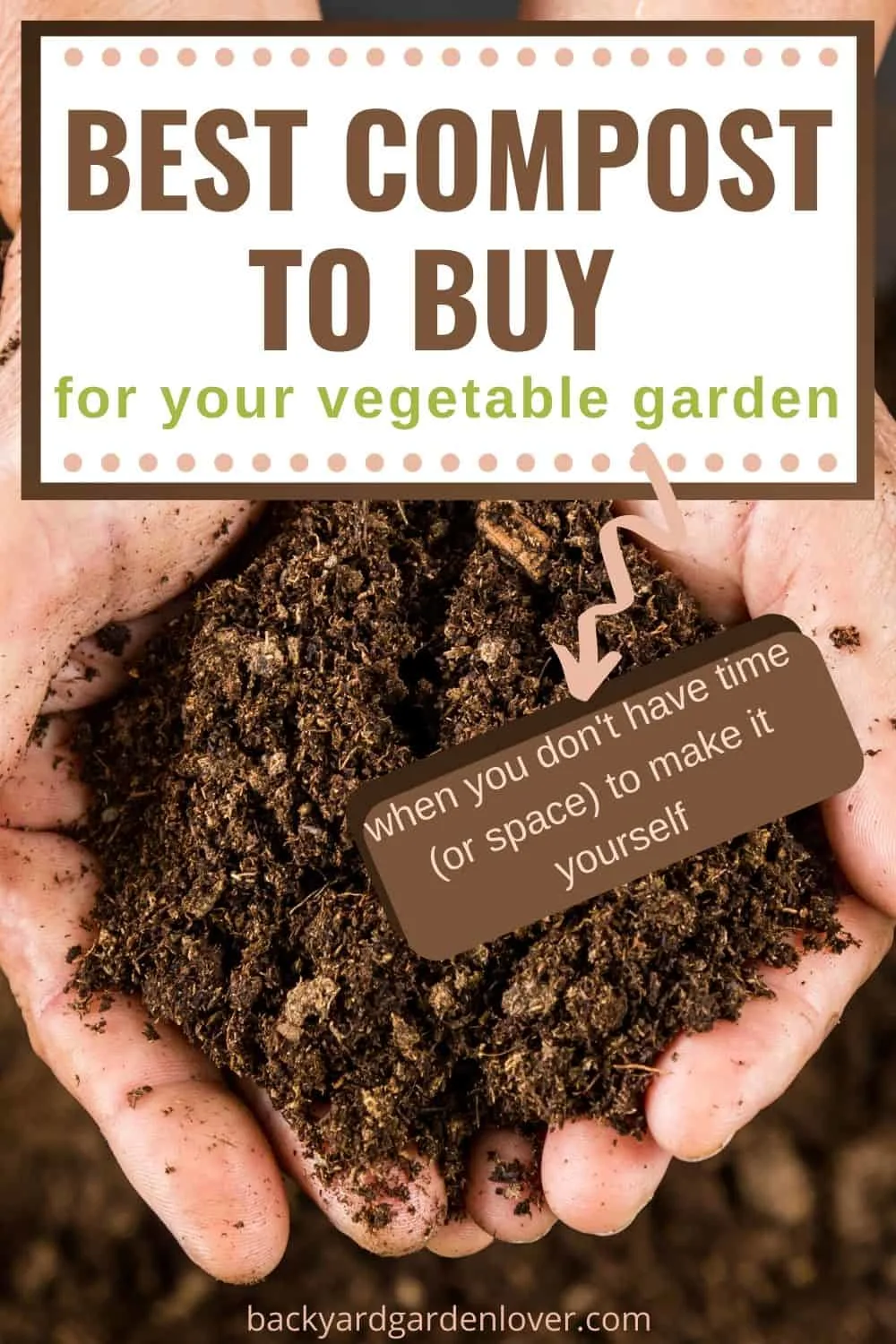
- Manure is another great organic fertilizer for vegetables. It is high in nitrogen, phosphorus, and potassium, which are essential nutrients for plant growth. Manure can be applied to the soil as a solid or liquid fertilizer.
- Bone meal is a good source of phosphorus, which is important for root development and flowering. It is also a slow-release fertilizer, which means that it will provide nutrients to your plants over a long period of time.
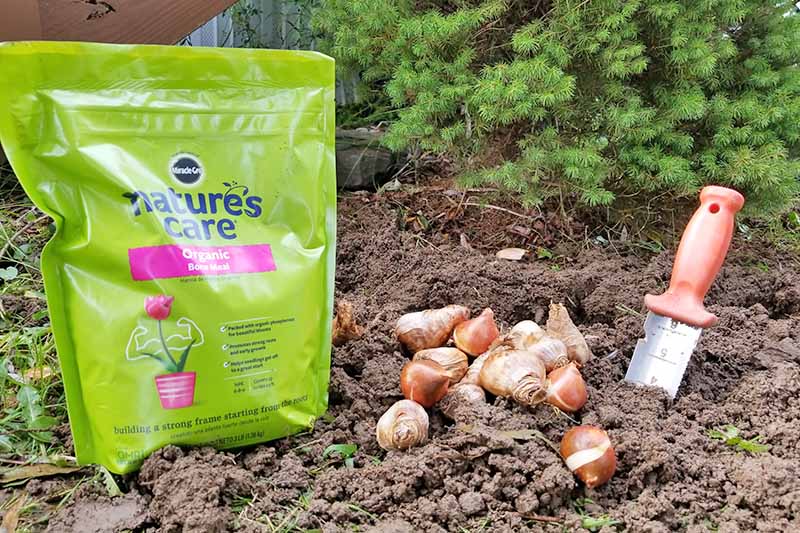
- Blood meal is a high-nitrogen fertilizer that can help to promote leaf and stem growth. It is also a good source of iron, which is important for chlorophyll production.
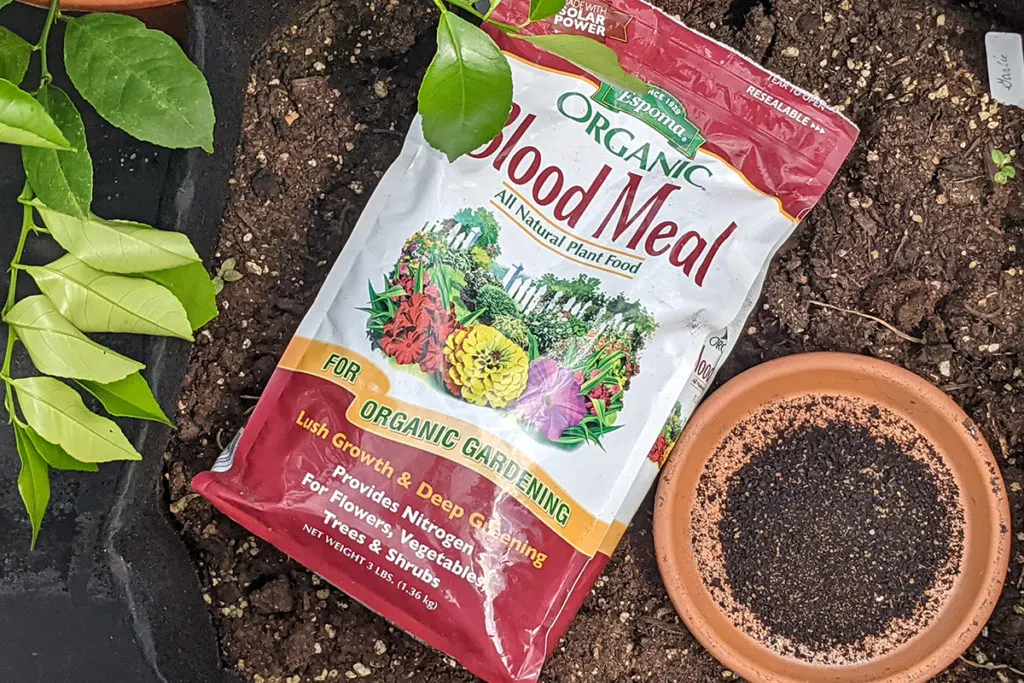
- Worm castings are a nutrient-rich fertilizer that is made from the excrement of earthworms. They are high in nitrogen, phosphorus, potassium, and other essential minerals. Worm castings can help to improve the drainage and aeration of your soil, and they can also suppress plant diseases.
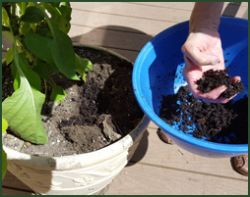
- Cottonseed meal is a good source of nitrogen and sulfur, which are important for plant growth. It is also a slow-release fertilizer, which means that it will provide nutrients to your plants over a long period of time.
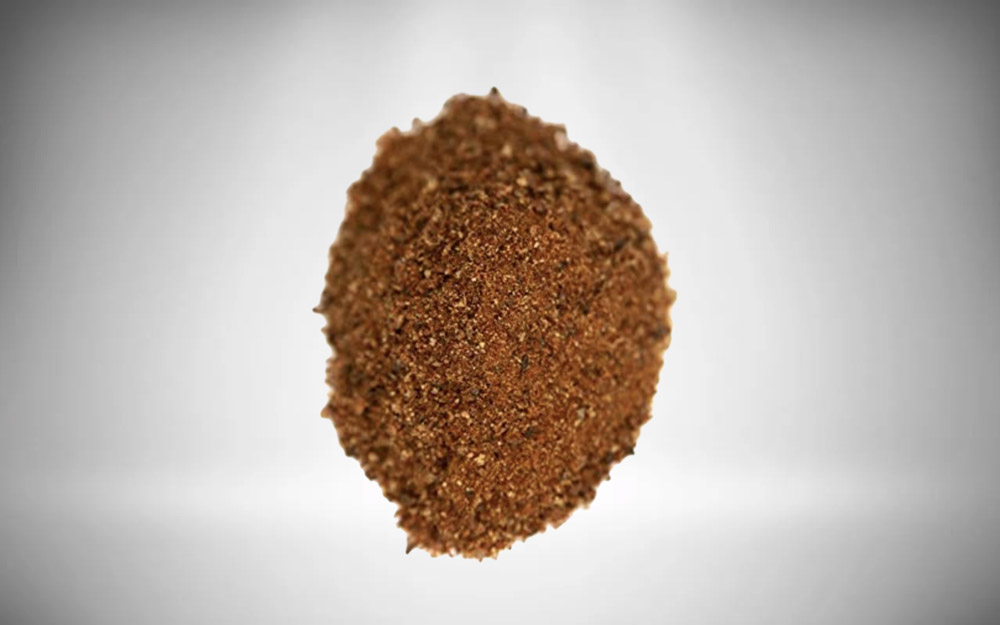
- Feather meal is a high-nitrogen fertilizer that is made from the feathers of poultry. It is also a good source of phosphorus and potassium. Feather meal can be applied to the soil as a solid or liquid fertilizer.
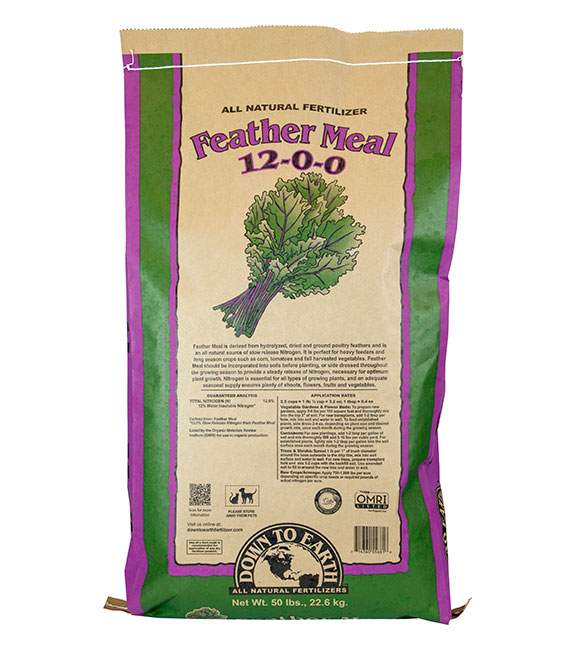
- Rock phosphate is a slow-release fertilizer that is high in phosphorus. It is a good choice for vegetables that require a lot of phosphorus, such as tomatoes and peppers.
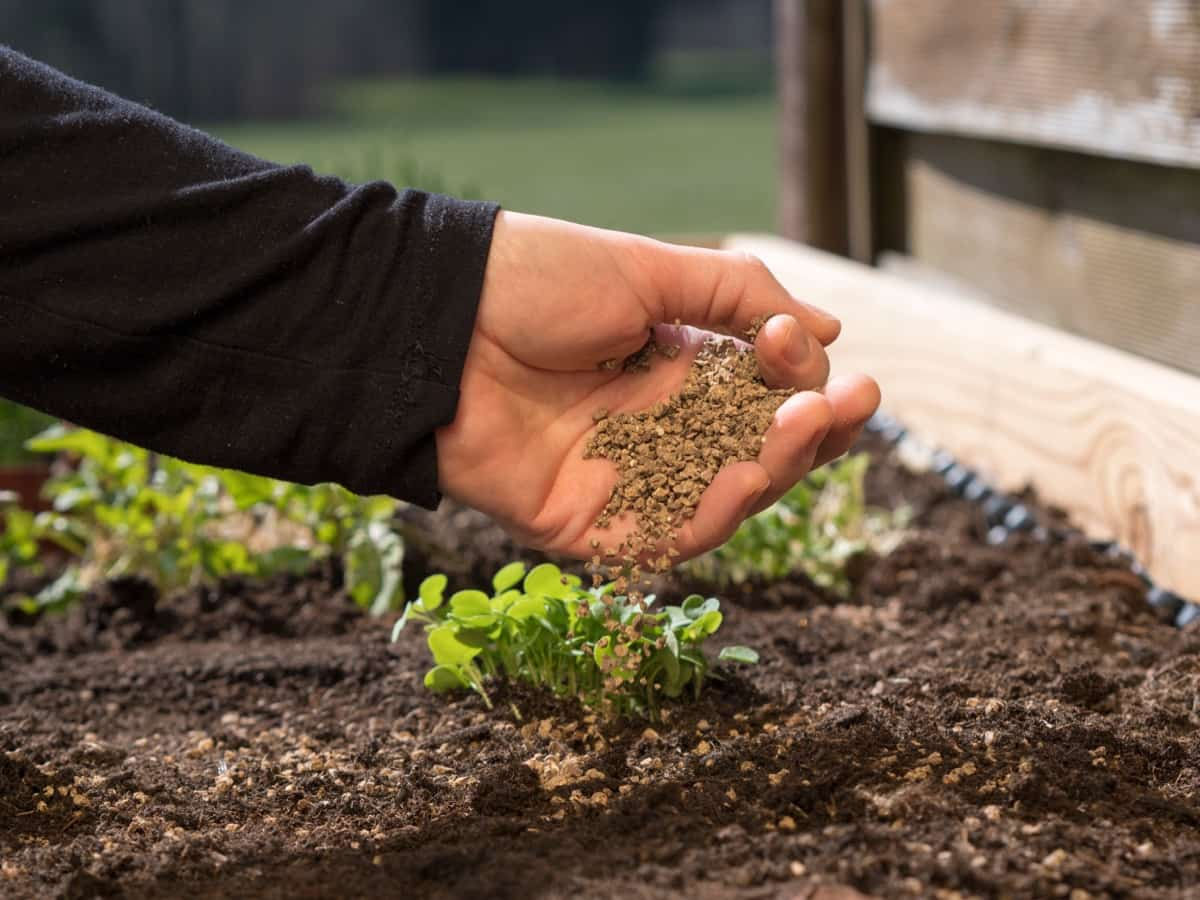
- Bat guano is a high-nitrogen fertilizer that is made from the droppings of bats. It is also a good source of phosphorus and potassium. Bat guano can be applied to the soil as a solid or liquid fertilizer.

- Seaweed fertilizer is a good source of micronutrients, such as iron, zinc, and copper. It is also a good source of humic acids, which can help to improve the overall health of your soil.
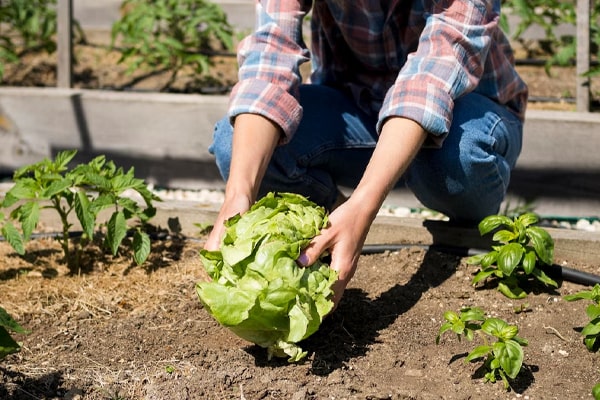
Post a Comment for "What's The Best Organic Fertilizer For Vegetables"